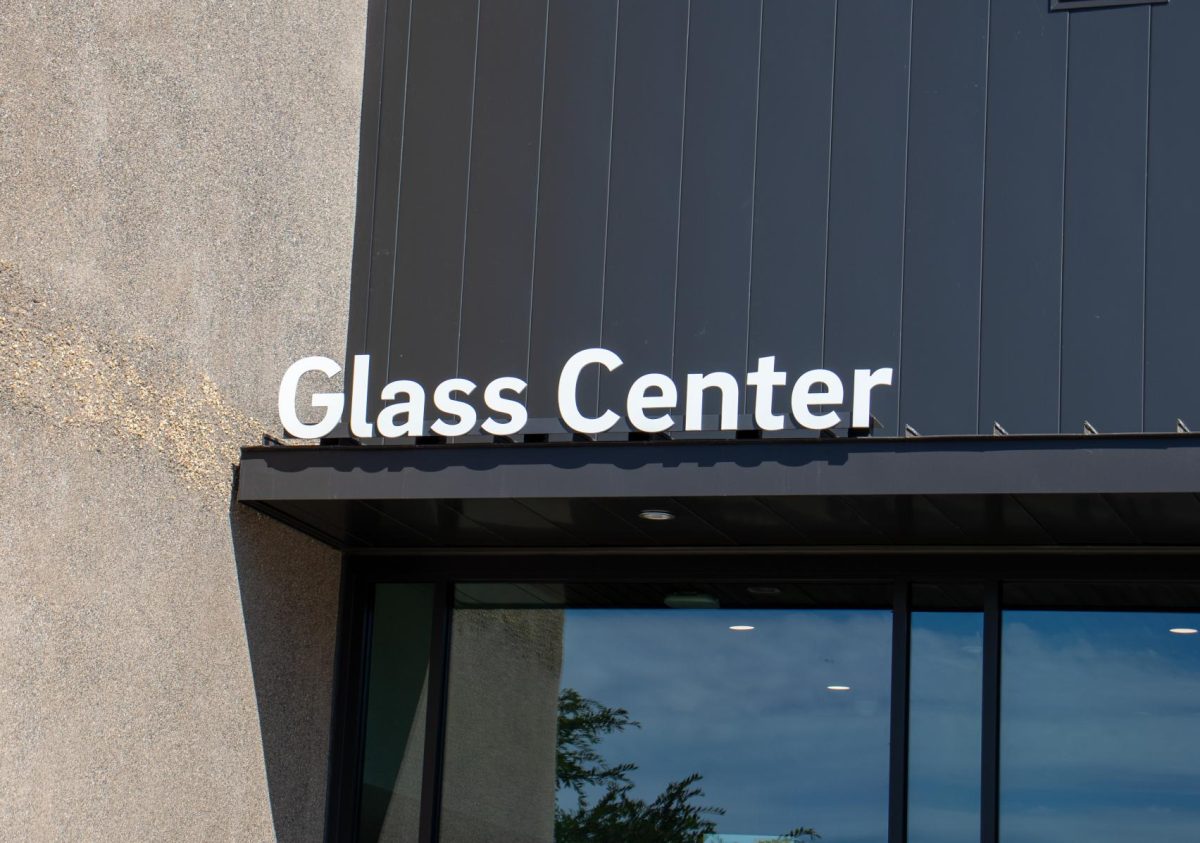Almost all undergraduate students step foot onto campus with a shared goal: to graduate and get their college degree. It’s a certification proving years of studying and a ticket into certain jobs and further education. While most take four years to achieve a degree, some students look to shave some time off. These students must weigh the costs and benefits of sacrificing a year of their undergraduate experience for their future.
Students graduating early still have to complete all requirements for their degrees, including major requirements, credit minimums, and general education classes. Dalena Pham, a human health psychology and clinical psychology double major from Seventh College, discussed her workload in preparation to graduate in three years at the end of 2023-24 academic year.
“I’d say my freshman year it was 12, 16 units, a pretty basic load,” Pham explained. “And then it was really taking summer courses. I would take two or three each summer session, both summer sessions, and I think that helped me a lot in getting units.”
Pham noted that her Advanced Placement credits allowed her to get the jump on her degree.
The AP system is a commonly offered option for high school students to take college-level courses. After a year of studying advanced material, students take the AP test, receiving a score from 1-5 based on a curve across the country. Based on their scores, they are able to receive college credit at some universities, allowing for a quicker path to graduation and increased priority during enrollment time.
Pham took AP courses alongside several community college courses during high school, giving her a wealth of units before setting foot on the UC San Diego campus. Due to her double major, however, she still had to take some unit-heavy quarters.
She described some 20-unit quarters as difficult during the term, but manageable looking back.
“In the moment, I’m definitely like, ‘I hate myself right now,’” Pham said.
Pranav Kurup, a junior neurobiology major from Eleanor Roosevelt College who plans to graduate this upcoming spring, described his approach to his course load.
“Some people prefer to really load it up on your fall quarter and your regular year. But for me, I like to spread it out,” Kurup explained. “During the regular quarter, I’ve taken maybe five classes for one quarter, but other than that, I’ve really just gone with four.”
Kurup has also supplemented these courses with summer session courses and International Baccalaureate credits.
The International Baccalaureate is an organization that operates similarly to the AP system in America, but it seeks to offer course standards that apply to universities around the globe. Students take varying difficulty levels of university-level courses in different subjects, culminating in a final series of tests and projects.
Sasha Winner, a junior clinical psychology major and writing minor from Sixth College, explained the challenge of getting credit for the IB courses she took in high school.
“I believe my higher level IB math counted as 16 credits, which is two years in high school,” she explained, “But something like my IB World Religions didn’t count for anything because it was one year, it was a standard level class, and it didn’t have a good 1:1 fit with UCSD courses.”
Kurup faced similar difficulties with redeeming credit for his IB courses, noting that it took about a quarter for his units to be processed at all.
“I had to go bother them about my credits and say, ‘I sent you my transcripts, I sent you my transcripts,’” Kurup said. “But I mean, once I bothered them about it, they did recognize my credits and it was pretty okay.”
Though all three students had credits headed into their UCSD education, Winner was the only one to note a lighter course load. Winner stated that she took only 16 units per quarter, wrapping up her requirements to finish perfectly in three years.
Although the large course load could be challenging, meeting the requirements set out for them was of greater concern to the students.
Kurup explained his concern about completing his major and the worry he’d felt over class enrollment.
“It’s kind of sad that I have senior standing, and I’m still worrying about which classes I can get,” he commented. “I know that for multiple classes this quarter, I got literally the last two or three seats, and if I didn’t get those, I would be here for an extra two quarters or something like that, so that part sucks, but I’ve been lucky so far.”
In addition to their course loads, all three students mentioned also working, interning, or volunteering at at least two different locations.
“It was a balance between a social life and work,” Pham said. “But compared to my friends, my social life is not that drastic.”
Not every student capable of graduating in less than four years chooses to. All three had their own reasons for graduating early.
Kurup and Winner, both out of state students, noted cost as the major motivating factor.
“Each year is pretty hefty,” Kurup said, “and so you start wondering, okay, what’s the benefit of that extra year? And I just realized it would be better to graduate and maybe save that money to spend on a master’s program or some other pursuit.”
Pham, as an in-state student with financial aid, said that cost wasn’t her biggest concern. Instead, she looked to time as the motivating factor.
“I want to be a clinical psychologist, but that also requires going off to a doctorate degree,” Pham explained. “If I get an extra year out of the way, then it might help, because if I’m gonna be in school forever, might as well.”
Winner, too, intends to become a clinical psychologist, but plans to take the year after her undergrad graduation, when she would normally be enrolled in school, to work and think.
“My masters program will be a very long commitment, potentially up to a decade in whichever state I choose to take it in,” Winner explained, unsure of whether she wants to become certified in California or her home state of Oregon. “It’s not a decision I’d want to make lightly, and I’m still not decided on my state of choice.”
Kurup, meanwhile, intends to take his education and career in a different direction and is using his extra time to switch gears.
Kurup plans to change fields from neurobiology to computer science. He explained that he was in the process of looking into Georgia Tech’s masters program and was focusing his future efforts on taking preparatory classes.
“I’d rather spend time prepping and figuring out how to switch in other ways than spend another year in undergrad,” he said. “Because, at the end of the day, it’s an undergrad degree.”
All three students noted the role of their friends in their decisions. Kurup lives with one roommate, another junior intending to graduate in three years. Pham noted that many of her friends are graduating early as well. She also hopes to continue her education in the UCSD graduate program and intends to continue living with her same roommates. Winner, while taking a gap year to consider, also mentioned the people she lived with; delaying by a year will allow her to stay on pace with them so that they can round out their undergraduate experience together.
“I don’t have a problem with undergrad education,” Kurup said. “It’s actually pretty fun, and I think it gets more fun as you continue. But yeah, graduating early is just how it worked out for me.”













